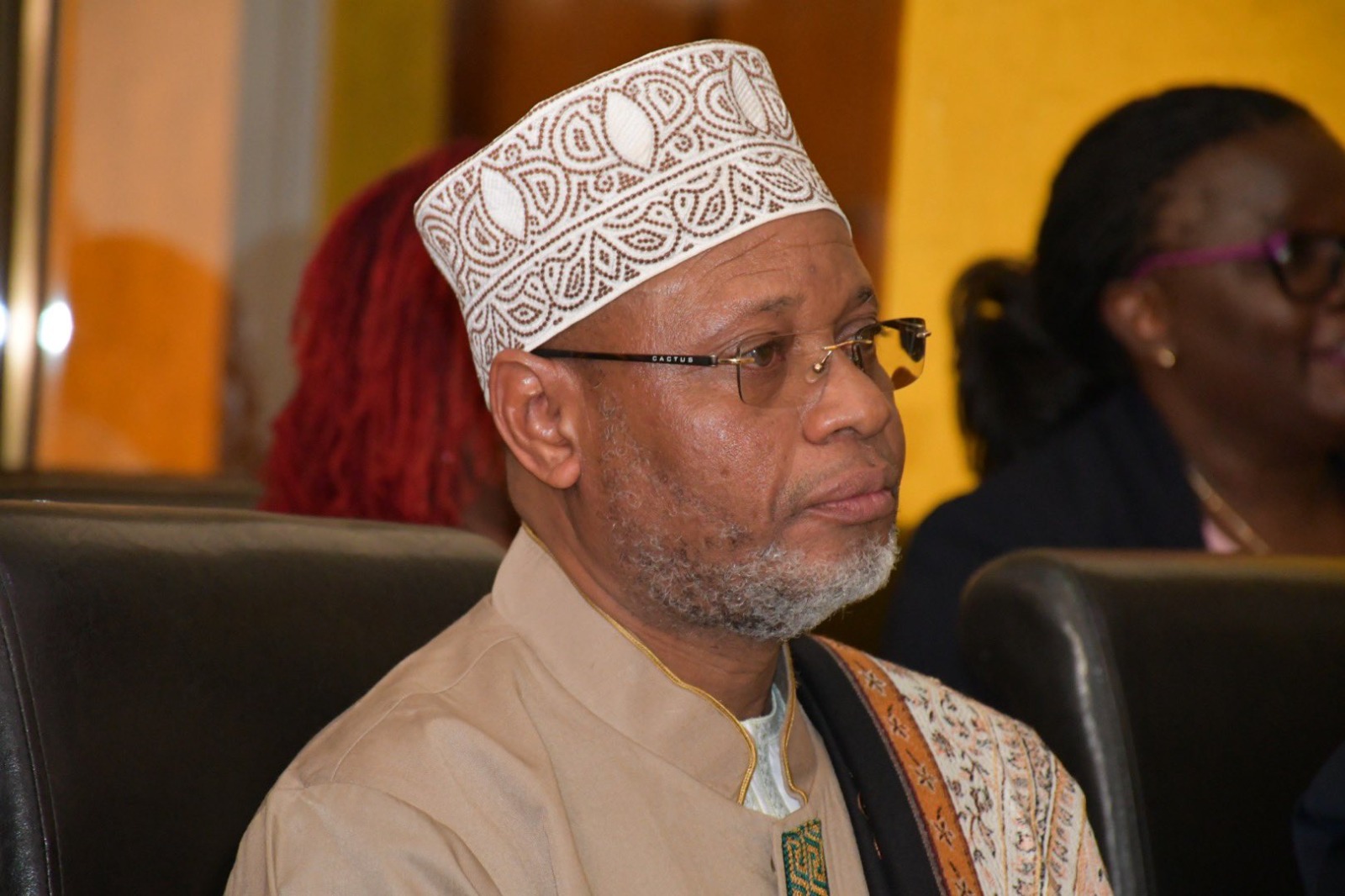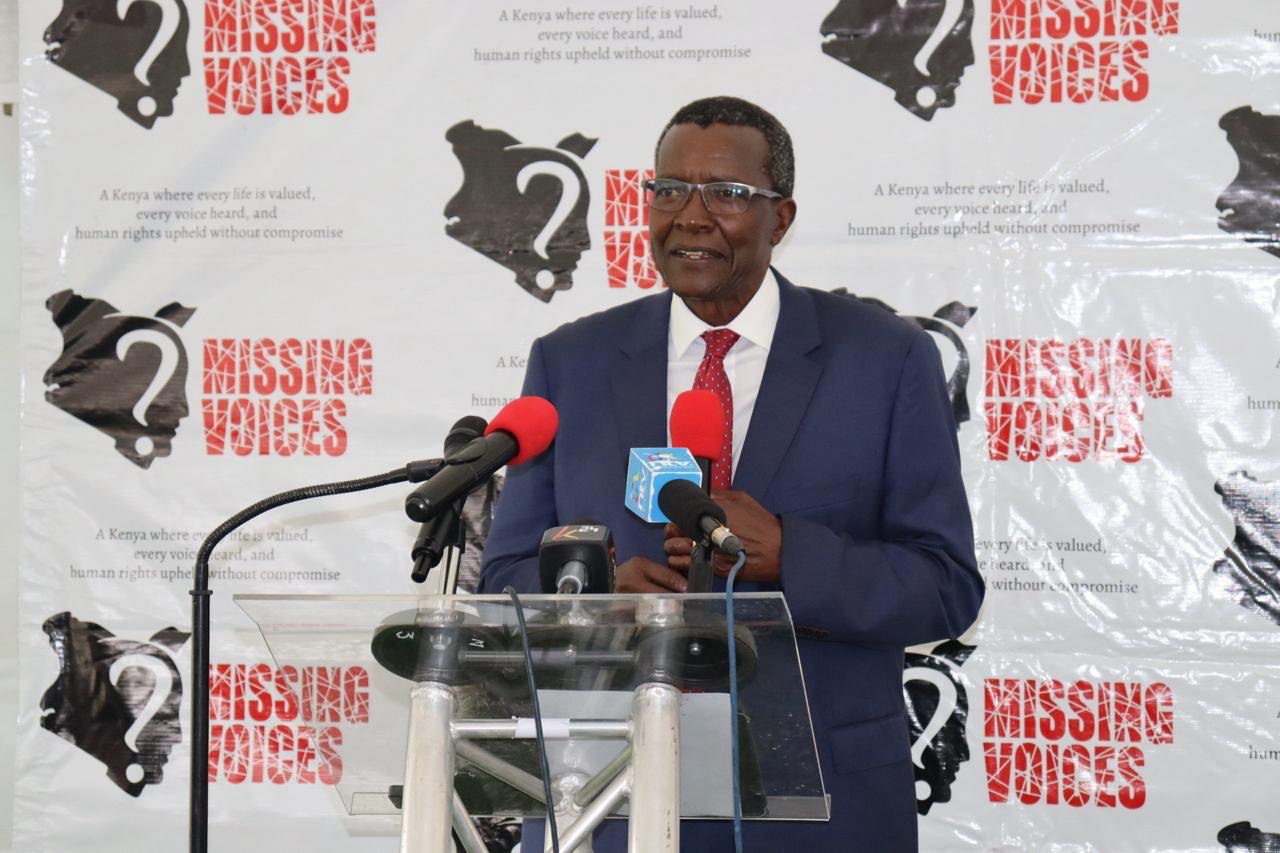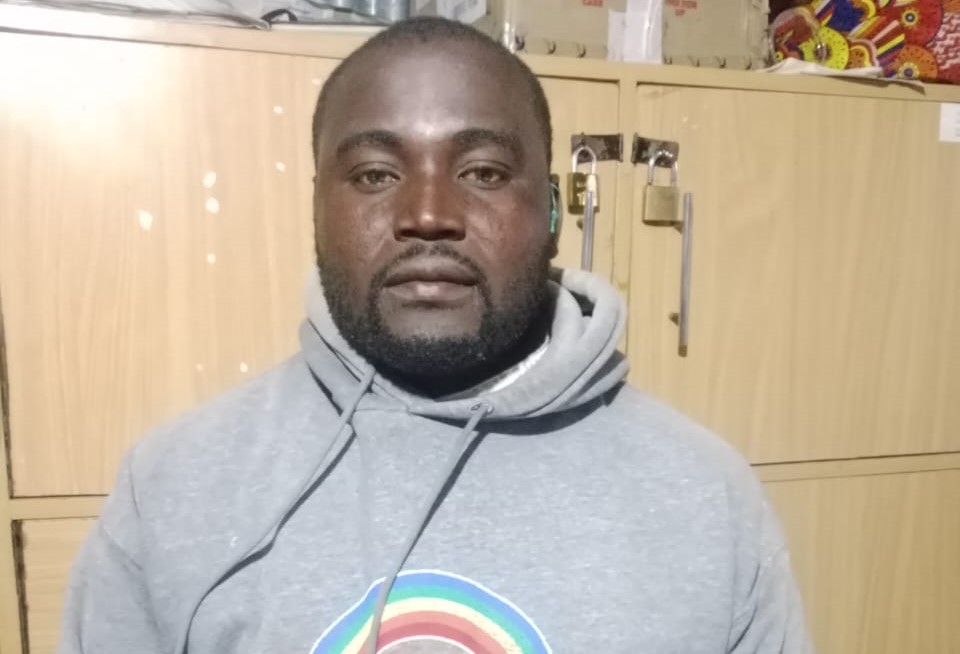Teachers demand new allowances in upcoming CBA talks

KUPPET's Assistant Treasurer Ronald Tonui stressed the importance of a standing allowance, noting that teaching is a physically taxing job.
Teachers are advocating for the introduction of additional benefits specifically tailored to the teaching profession in their upcoming negotiations with the Teachers Service Commission (TSC).
The Kenya Union of Post-Primary Education Teachers (KUPPET) wants various allowances, including standing and detoxification allowances, added to their next Collective Bargaining Agreement (CBA) with TSC.
More To Read
- KUPPET gives government one week to release capitation funds or face school shutdown
- KUCCPS sets up 30 support centres for KMTC intake ahead of July 7 deadline
- KNUT issues seven-day strike notice after talks with TSC over CBA collapse
- Over 310,000 students placed in universities, colleges and TVETs in 2025 KUCCPS results
- KUPPET proposes three-tier school system to fix CBC confusion
- KUPPET threatens nationwide strike if CBA talks fail to kick off in seven days
Speaking during the KUPPET Siaya branch’s annual general meeting in Siaya town, Assistant Treasurer Ronald Tonui stressed the importance of a standing allowance, noting that teaching is a physically taxing job.
He noted that other professions already receive extraneous allowances, and teachers should be entitled to similar provisions.
“Next year, we must sign a new CBA with TSC. A salary increase is a must in the CBA. We also want something called a standing allowance because this is a very strenuous job. Others are asking for extraneous allowances and being given, but we are yet to be given any. Standing allowance must be in our payslips,” Tonui said.
He also emphasised the need for a detoxification allowance for science teachers who are frequently exposed to hazardous chemicals during their practical lessons.
"Those teaching chemistry deal with very dangerous chemicals, and we need to be compensated for that. Detoxification allowance must also be introduced,” he added.
In addition, Tonui proposed the introduction of a special duty or acting allowance, stating that many teachers take on the role of acting principals but do not receive compensation for these extra responsibilities.
He further called on union members to propose additional benefits they wish to see included in the upcoming CBA.
Tonui also addressed the recent decision by the Kenya National Union of Teachers (KNUT) to withdraw from the national teachers’ strike, describing it as an opportunity for KUPPET to demonstrate its strength in the labour movement.
"This decision was a blessing in disguise for KUPPET, as it allowed us to prove our capacity to lead a strong nationwide strike without Knut’s participation," Tonui said.
The union has also called for higher allowances for teachers involved in administering national exams. KUPPET is proposing a new daily rate of Sh3,000 for invigilators, up from the current Sh400, and Sh3,500 for supervisors, who are currently paid Sh450. Principals, who also serve as examination centre managers, should be paid Sh4,500 per day, an increase from the current Sh500.
According to KUPPET Secretary-General Akello Misori, the union initially made this demand in September through a letter to Education Cabinet Secretary Julius Ogamba, but the government has yet to respond.
"There’s been no response from the government, and we feel they’re not taking this seriously. They haven’t called us to discuss the allowances, only summoning teachers for briefings," Misori said.
This comes with just a week left before the Kenya Certificate of Secondary Education (KCSE) exams begin.
“It’s unfair to have a multi-agency approach during exams while teachers are paid peanuts. Examinations are a sensitive issue that can lead to legal consequences if mistakes are made. We’re not asking for too much. We’ll respond in a big way, and the two weeks remaining are enough. We’re not limited to a boycott; we’ll take further action,” Misori added.
The demand for better compensation for teachers during the exam period was one of KUPPET’s grievances when they called for a strike in August. The strike was resolved after reaching a consent agreement with the TSC.
Top Stories Today















































